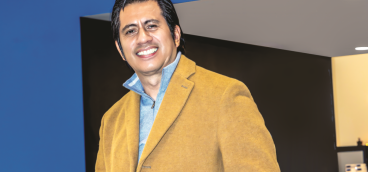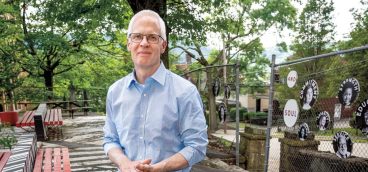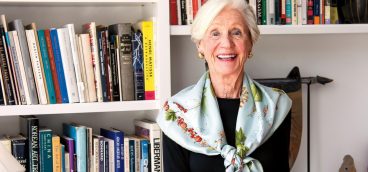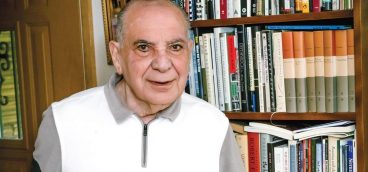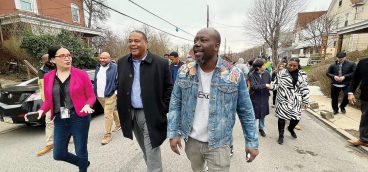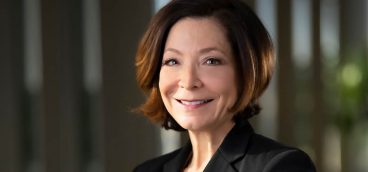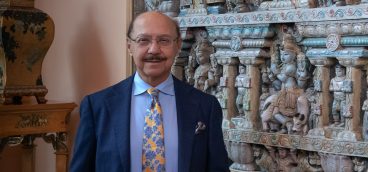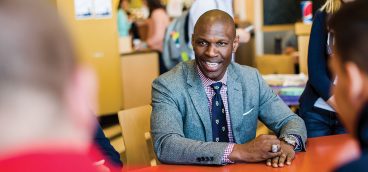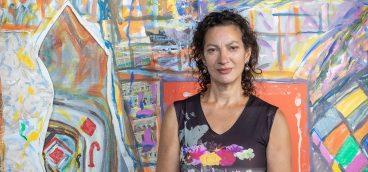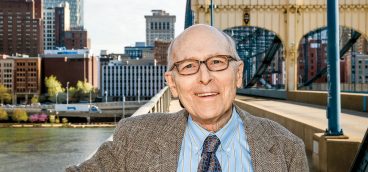What Do I Know? Khara Timsina
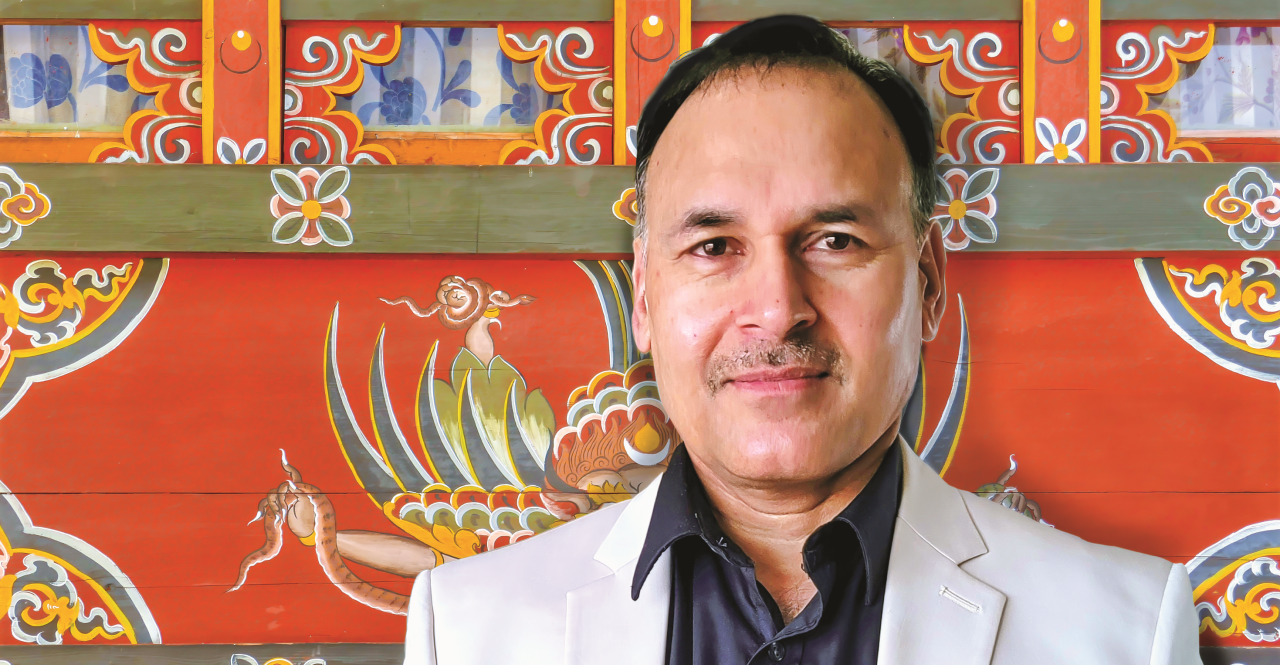
I was born in a small village in southern Bhutan, the second of nine children — five boys and four girls. Luckily, my siblings and I, and our parents, were able to emigrate to the West in 2009.
My father died here in Pittsburgh in 2021, and my mother still lives locally, in Brentwood. But my siblings and I are spread out around the U.S., except for my youngest sister, who lived in the Netherlands and later moved to the United Kingdom.
From its founding years, Bhutan was an “absolute monarchy,” a form of government in which the king had absolute power. More recently, the country became a “constitutional monarchy” or “limited monarchy.” And while the king has remained head of state, Bhutan holds elections and maintains a prime minister as its head of government.
Bhutan is composed of four major ethnic and linguistic groups. (There are other minor groups, too.) My ancestors moved to Bhutan from Nepal and settled in the south, where other groups feared to live because it was a huge, dense forest, full of wild animals — and malaria. My ancestors spoke Nepali and were called Lhotshampas, meaning “the southern dwellers.” We also had those who spoke Sarchhopkha, the eastern dialect, and others who spoke Khengkha, the central dialect. But the groups that lived elsewhere largely spoke Dzongkha, which was the language of the king.
One good thing about Bhutan, which lies south of China and north of India, is that it was never colonized by the British, so we did not have to fight for independence. But there came a time when the king decided that the country needed something called “oneness,” which meant that everyone had to wear the national attire — and speak only the king’s language! I was a student at that time and, if a teacher caught us speaking Nepali, we would be called to the office, given a written citation, and subjected to physical punishment. But to us, imposing a national dress code and a single national language posed difficulties in many ways. The national costume was not suited for southern Bhutan’s high summer temperatures. And Nepali-speaking students were not promoted to the next higher grade even if they did outstandingly well in all major subjects but failed in the Dzongkha language component by one point.
I thought surely that, with the educational background from St. Joseph’s College Darjeeling in India and then, later, from Oxford in the U.K., the king would have learned how to manage the diversity of Bhutan, instead of opting for “oneness.” Many of us did not think he was going the right way, and the situation got worse as time went on.
In 1985, Bhutan adopted its “Citizenship Act,” which required every family to produce a record of having paid the country’s land tax, stretching back decades. If they could not produce the tax receipts, their citizenship was revoked and they were swept out of the country. This happened to many families that had lived in Bhutan for generations. Some could not produce the required documents due to poor storage, and many documents had been destroyed by rain, fire and landslides. But there were no exceptions. The Act also served to divide families into citizen and non-citizen groups, if the certificates of birth or origin documents of either parent were not produced. The government was looking for a way to have as citizens only those who belonged to the king’s group. Such schemes were the weapons they used to accomplish this.
Before long, educated people who worked in government service throughout Bhutan realized that we, as a group, were being targeted for eviction. One person from our Nepali-speaking community, who sat on the advisory council to the king, tried to speak on our behalf. For this, he was imprisoned at first, and then was ordered to leave the country. He fled Bhutan for Nepal to take refuge, only to be deported back at the request of Bhutan’s king. He spent years in prison without trial, and languished in extreme isolation.
Over time, a movement toward a more humane form of government emerged in the region, and leaders began to organize people to fight for basic rights. In the fall of 1990, rallies for these rights were organized in southern Bhutan. But anyone caught participating in those rallies would be deprived of basic rights forever, along with their families. Their kids could not attend school. They could not access health care. If any family member tried to enter a college, they would be rejected. They could not enroll in the military or join the police force. They could not start businesses. And things went downhill from there.
At the time, the king stationed militiamen in the country’s schools. Those same men would enter villages at will, arrest the men and rape the women and girls. Civil administrators began calling the heads of local families, and most were forced to sign a voluntary migration form, which was written either in Dzongkha or English — but not Nepali. Many of our adults in those days had never been to school and did not know what they were signing. Some were even forced to sign at gunpoint. And for those who refused to sign, the militiamen would come to their homes and force them to leave. We lived in a state of constant fear.
I was not living in the southern belt during the early 1990s because I was pursuing a diploma in agriculture in the Northwest. I completed the program with 17 other students, graduated, and was headed to work in public service, which at the time was the only route to employment in Bhutan. But to get into public service, I was asked to produce a “No Objection Certificate” (NOC), which I had to obtain from my home district. I spent two days traveling to get there. When I arrived, I went to the police headquarters, requested the NOC, and was declined. Why? The officer said, “It is because your father participated in a rally in 1990.” Undaunted, I thought I would try again, so I went to our capital city, Thimphu, to make a request at its police headquarters, but the officer there said, “You’ll have to go to your home district to get that.” They were giving me the run-around. But I had my diploma and wanted to work.
Next, I decided to make one last try by going to meet with the Home Ministry officials at the government headquarters at Tashichho Dzong. I was denied there, too. So, I had spent my whole young life getting an education and the government was now saying that I could not be employed. I was 21 years old and saw no future. Without income, I could not afford a place to live, so I was forced to return to my village and, to my surprise, when I got there, I learned that some of my neighbors were leaving Bhutan. “Your family is getting ready to go, too,” they told me. At our home, I found my older sister and her family, and one of my uncles and his family were living there, too. We all decided to pack up whatever we could carry and leave the country, as we were no longer able to bear the hardships the government had put on us. Soon, we joined others from our family and boarded a truck bound for India. Our first option was to take refuge there. But all they did was reject us and push us further west. Before long, in the summer of 1992, we entered Nepal as refugees.
Many families left Bhutan between 1990 and 1992 and ended up living in Nepal on the bank of a river. At the time, refugee camps had not been set up. Later, I came to understand that many people died on the bank of that river from disease and starvation. Fortunately, the United Nations High Commission for Refugees jumped in to provide support, and the Nepalese government offered some uninhabited areas near large forests to set up camps. That is how we started our new lives.
The camp where my family and I went to live was a temporary, makeshift one for incoming families, but it was full, so we were kept outside. Three months later, we were transferred to another camp, 10 or 12 miles away, and those of us in that camp who had some education started to encourage the kids to come to the forest clearing to engage them and allay their fears. That was the beginning of their formal education. People like me who had left college or were in high school or doing public service joined together for the benefit of these kids. A sizable number of us who were forced to leave Bhutan worked to train fresh graduates, or high school seniors, to teach as well. Gradually, a nonprofit group in Nepal, Caritas Nepal, began providing supplies, books and paper. Soon, other international agencies paid for and built bamboo sheds to serve as classrooms. So, whether under the trees or in the sheds, our kids were being educated. And we are thankful to the people of Nepal because, without them, who knows where we would be today.
Then, one day, I received news that I had earned a scholarship to pursue my intended profession, and I tried to get into Nepal’s university to earn a bachelor’s degree in agriculture. Unfortunately, in Nepal, I was considered a “foreigner,” and foreigners were required to pay fees for schooling, especially the one they called the “capitation fee,” which my scholarship money could not cover. I had no money for this, so I had to let another dream go. But then I thought, “Maybe I should change my focus and become a teacher.” So, I did. With the scholarship I had received, I moved out of the camp and went to Kathmandu for my bachelor’s in education. There, I was fortunate to find teaching work in the city’s private schools, which provided me with a means to pay for food and housing. Finally, with my bachelor’s degree in hand, I went back to the camp to teach for another year.
As we continued to provide education in the refugee camp, we all believed that, one day soon, we would be repatriated to Bhutan. And if that happened, we did not want our kids to be behind, in relation to the kids who were being schooled in our homeland. We thought, “Let’s keep the kids on par with the education that is being given in Bhutan so that, when they go back, they don’t have to struggle.”
Most people hoped that they would soon be able to return home, and the governments of Nepal and Bhutan had rounds and rounds of talks trying to resolve the refugee issue. Bhutan kept insisting, “The people in the camps are not Bhutanese.” Nepal responded, “Well, they all came from Bhutan, so they are, indeed, Bhutanese.” But the talks were not fruitful and, by 2006, I started thinking that, given the failure of those bilateral talks, there was no chance of anyone being repatriated. I had spent some of my most potentially productive years as a refugee and I thought, sadly, “We need another option.” An option came when, in 2007, the U.S. government announced its intention to resettle 60,000 Bhutanese refugees from the camps in Nepal. Seven other nations joined the U.S. in this effort. So, when processing began for resettlement, I chose to apply to be resettled in America.
To resettle as a refugee, every applicant must undergo rigorous screening from the Department of Homeland Security. If everything is clear, each refugee must take out a loan to pay for travel to their destination and begin repaying the sum six months after arrival. That was how we came here.
At first, I ended up in New York City and, three months after arriving, I found a job. I was living in the Bronx and my job was at JFK Airport. It took me two hours to go and two hours to return from work, and I only worked a four-hour shift. I had to travel four hours to do only four hours’ worth of work, and I began thinking, “This is not going to help me in the long run. I need to move on.” That is when I made the decision to go and look at Pittsburgh, and I liked it. So, at the end of 2009, I went back to New York for my family and, the day after Christmas, we were in Pittsburgh — me, my wife, and our nine-year-old son. And at the end of 2010, a daughter was born to us.
I think that many locals would be surprised by the fact that today slightly more than 7,000 Bhutanese immigrants live in Pittsburgh. To help these people, in 2012, I co-founded the Bhutanese Community Association of Pittsburgh (BCAP). BCAP means a lot to me because it was not easy to create. At the beginning, I had a two-year-old daughter and a full-time job at BNY Mellon as a “mail reviewer.” I would take care of the baby in the morning, and then drop her off at my parents’ apartment, because part of my responsibility at BCAP was to reach out to different people and different agencies for support. I had to create and present plans for our organization and our community to local institutions. How to run a non-profit was not in my background, but it is something that I came to understand and enjoy.
Something we realized quickly was that the only source of income for many of our seniors — Supplemental Security Income — would be terminated in seven years if they did not become U.S. citizens. Many of these people never attended school. They are not very literate, and not just in English but in their own language as well. They did not realize what was going to happen in seven years, and we did not want any crisis to befall them. We also did not want them to become completely dependent on one or two working members of their families.
As kids, during better days in Bhutan, we were taught English in school. Bhutanese national language instruction was conducted in Dzongkha, but all other subjects were taught in English. And it was good that we were taught English; it became particularly useful.
In Pittsburgh, in 2010, I started teaching English to about 25 men and women in a little room in the Prospect Park area. I was again teaching, but not in the schools, and not just the kids. Instead, I was teaching their parents and grandparents. Then, in 2012, BCAP expanded this effort to Mount Oliver. In 2014, we received a federal grant that enabled us to expand our program to a total of 10 neighborhoods. Gradually, we shifted from teaching just English and added basic U.S. history and civics classes because that is what people are asked in naturalization interviews. Our people needed to know how the system here works. And the process was not easy. There was a lot of frustration. For a couple of years, people were saying, “I cannot take it. You are giving so much information and, the next day, I forget.” I said, “Everybody forgets, but I have not lost hope, so you must not lose hope either.”
In many locations, our classes were conducted on weekends, held within walking distance for the students. In some areas, family members had to drop them off and pick them up. Soon, we started seeing people, one after another, taking and passing the test, which was very satisfying. The program gained momentum when people started to see their friends doing it. That gave them hope. “He can do it, which means I can do it, too.” My own father was 66 years old when he enrolled in our program and, in just five years, he was writing more beautifully than I was. When he was 72, he passed the naturalization test and became a U.S. citizen. My father was immensely proud of this, and his nine children were proud of this, too.
As an organization, BCAP is grateful to have received tremendous support. We had to struggle in the beginning but, gradually, local foundations started taking note of our work and expressed a willingness to partner with us. As funding came in, I was able to hire five full-time employees to help provide our services, and we are incredibly happy to have been able to help families, even outside our community. BCAP is always open to assisting any immigrant refugee families that come to Pittsburgh, from anywhere. And our capacity has been strengthened with funding from Pittsburgh foundations, support from Allegheny County and the City of Pittsburgh, and with help from our volunteers and local, ethnic businesses.
One thing I have learned from my experience is that we get nothing from dwelling on the past, thinking about what might have been if things had happened differently. It is natural to feel a sense of loss. Grief is a part of life. But it makes more sense to focus on what lies ahead. I believe that when there is opportunity, we should do what we can. The words “Forgive, Love and Unite” are posted on my office wall. Over time, I have been able to forgive the past. I continue to spread love in the present. And I pray for a united future.



